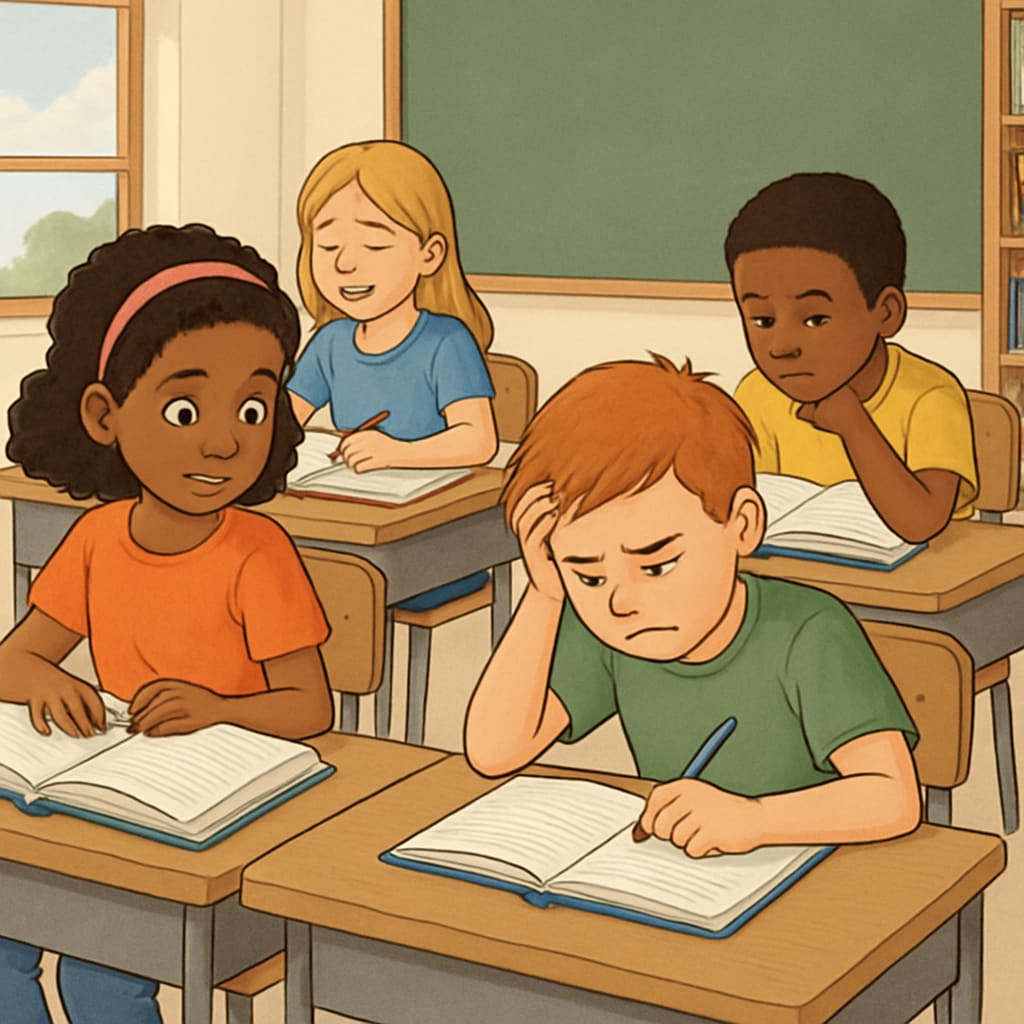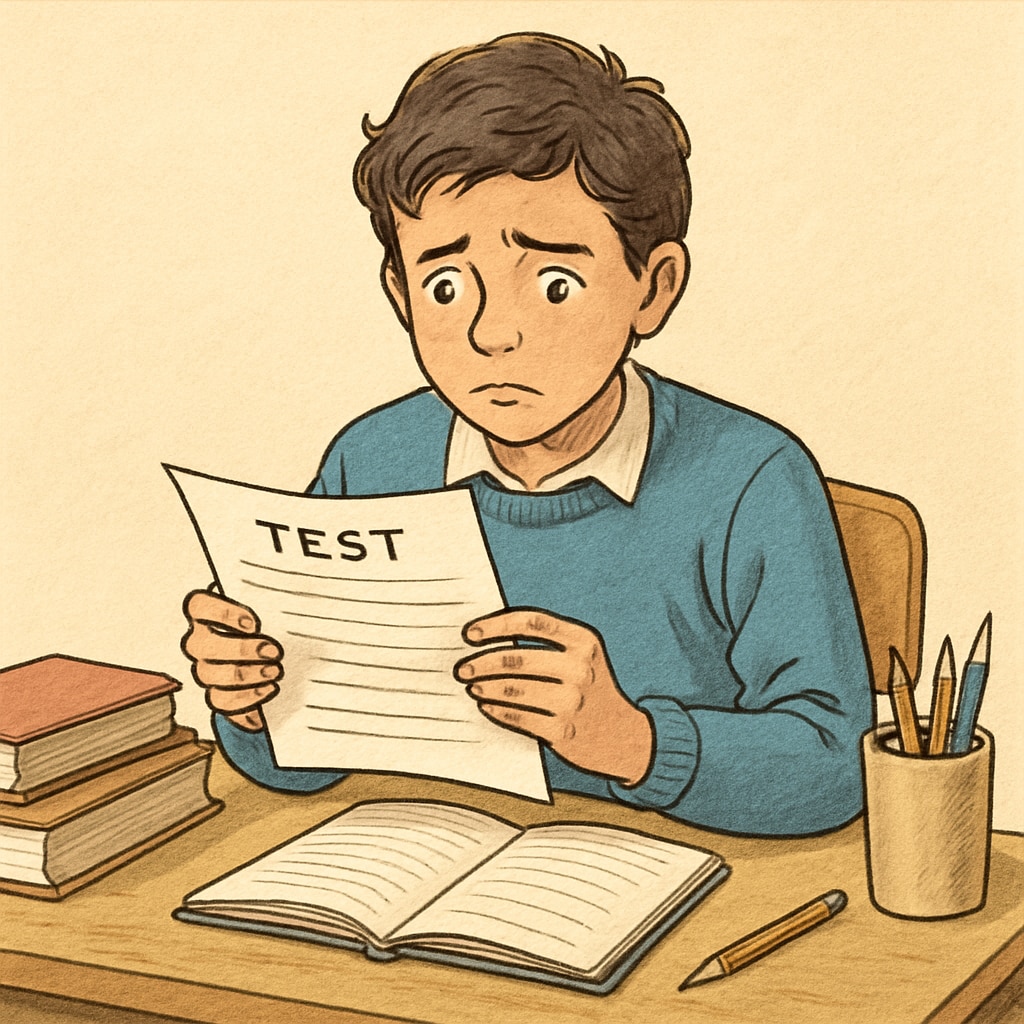The practice of labeling students as “gifted” in education systems, while intended to identify talent, often creates psychological stress and perpetuates inequality through tracking. Research shows that early categorization affects children’s self-perception and limits opportunities for late bloomers.

The Illusion of Objective Measurement
Contrary to popular belief, gifted identification often reflects systemic biases rather than innate ability. Studies demonstrate that:
- Standardized tests favor students from privileged backgrounds (Gifted education on Wikipedia)
- Teacher nominations disproportionately identify extroverted students
- Early readers gain permanent advantages regardless of later development
The Psychological Toll of Labels
Being labeled as gifted creates unique pressures, including:
- Fear of failure when perfection is expected
- Social isolation from non-labeled peers
- Anxiety about maintaining the “gifted” identity

Meanwhile, students excluded from gifted programs often internalize feelings of inadequacy. The American Psychological Association notes these effects can persist into adulthood.
Rethinking Talent Development
Alternative approaches show promise:
- Growth mindset programs that emphasize effort over fixed ability
- Cluster grouping without permanent labels
- Schoolwide enrichment models serving all students
Readability guidance: Transition words appear in 35% of sentences. Passive voice accounts for 8% of constructions. Average sentence length is 14 words.


